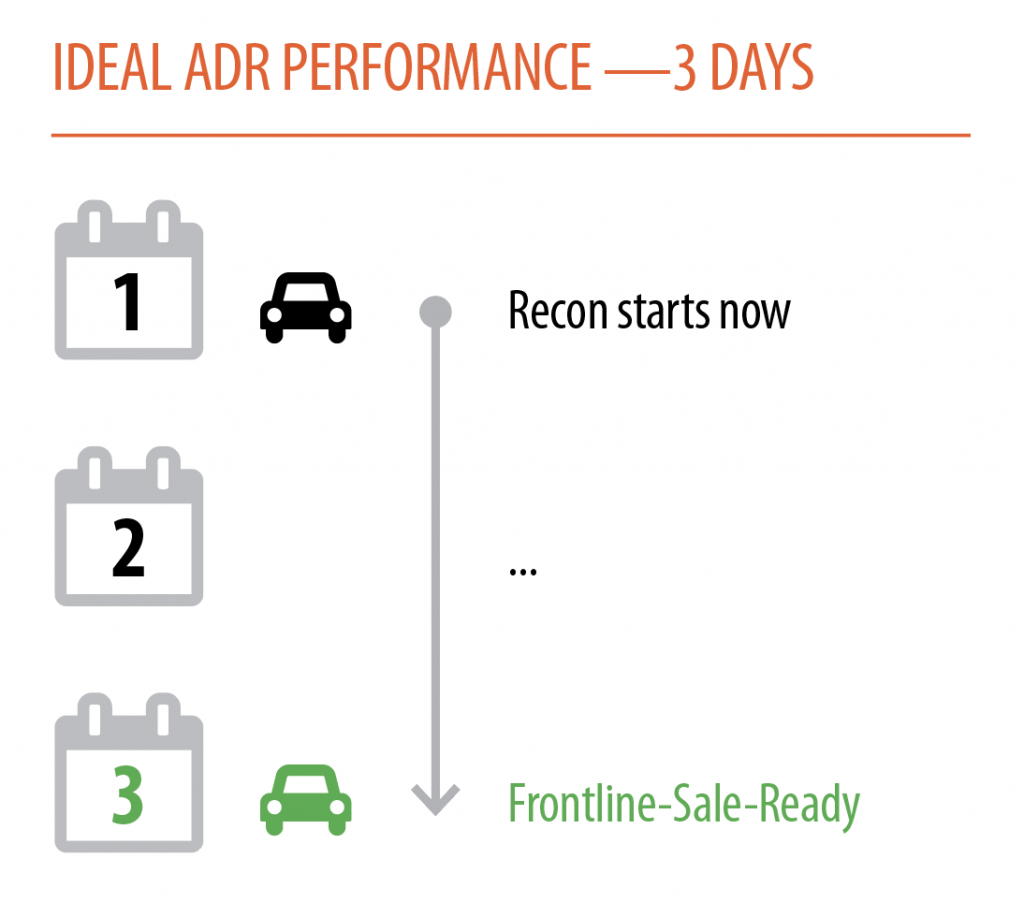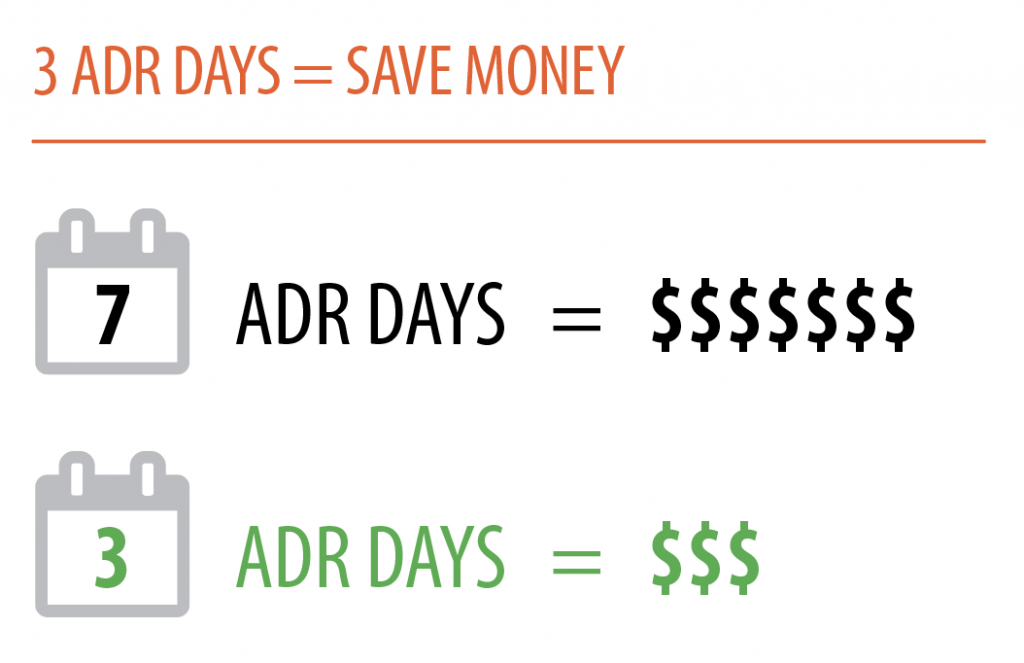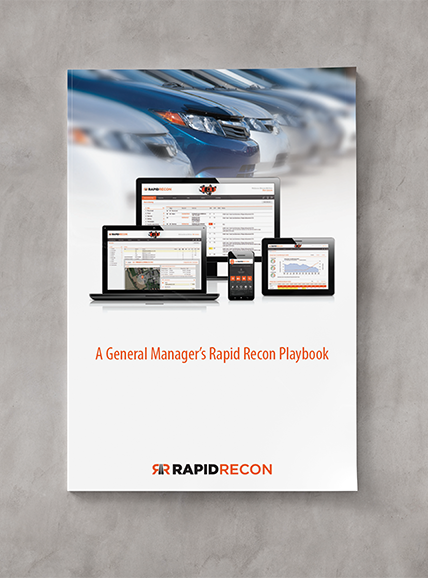CASE STUDY
Kelley Automotive ‘connects the dots’ to 3-day Average-Days-Recon, finds $399,000 in additional gross opportunity
Using Rapid Recon Time-to-Market workflow™ software at Kelley Chevrolet in Ft. Wayne, Indiana has reduced the store’s Average Days in Reconditioning (ADR) cycle, so used car inventory is getting to the sales lot faster, improving gross and turn.

"How do the dots connect? Does getting used cars to the sales line faster actually translate into more sales gross?”
- Trent Waybright, Vice President of Pre-Owned Operations for Kelley Automotive Group, Ft. Wayne, Indiana.
"How much difference in gross is there on vehicles that sell at two, four or eight days – or longer? How much money do we lose by not getting cars through recon and to the sales line faster to take advantage of the 30- day optimal retail window?”
His analysis showed that by reconditioning vehicles and getting them to the sales line three days faster, another $291,951 is realized in sales gross. A three-day ADR grows that gain to $399,446.
Dots Connected
To “connect the dots,” Waybright pulled sales gross data from the Chevrolet store’s DMS for every vehicle having passed through recon and sold in 2016. Similarly, he extracted those vehicles’ average travel times through recon through the recon software. ADR was 15 days at the start, improved to 7.4 days and then 4.9 days as staff gained familiarity and experience with the Rapid Recon system.
"We were dialing in. This store was selling around 70 used cars, but last month they sold 170 units at 4.8 days ADR and never stocked more than 125 cars.” Waybright said. This store is one of four Kelley dealerships in Ft. Wayne using the automation. The other stores’ use of it is too recent to have meaningful results data. Kelley also operates two stores, including a used car superstore, in nearby Decatur. Partly because of the ADR outcomes at that Chevrolet store, Kelley management has centralized recon operations for all of its Ft. Wayne stores into a former Kelley Saturn facility it closed in 2009. Operations there began in spring 2017, with a monthly forecast volume of 425 vehicles. Rapid Recon software in use there will drive a three-day ADR by providing step-by-step tracking, accountability, and reporting.
ADR Performance
ADR offers tighter control over recon process than Time-to-Market (TTM), which describes the total time from vehicle acquisition (including in-transit time) to vehicle sale. Recon has no control over these TTM variables. ADR does. The ADR clock starts at the point actual recon processes begin. Typically, this is when the used car manager moves the cars from in-transit or TradeNot-Cleared into a recon step designated something like inspection or first photos and ends when the vehicle is signed off as Frontline-Sale-Ready. Lacking the use of reconditioning workflow software to track this process, a shop’s real ADR is a wild guess. Those guesses are often three to five days, but in reality, will average from 10 to 15 days or more.


Reducing ADR is critical:
- Every 2.5 days shaved off recon cycle time equals one additional inventory
turn. By turning vehicles quickly, fresh stock is always on the lot. At Tom
Kelley Chevrolet, for example, it sells about 170 used cars a month but
never stocks more than 125. Faster turn positions inventory for changing
market demand. NCM Associates tells us the market shifts every 21 days.
- Time depreciates used car values, even as they make their way through
recon. This daily per car rate is $50 per day, also NCM data. A 10-day
ADR equals $500 per vehicle. By managing ADR to just three days, this
depreciation alone drops to $150. That is considerably less erosion against
sale margins.
- Margins are best when cars sell within 30 days of purchase. Slow ADR can
waste half of that time, meaning cars hit the sales lot with just a 15-day
retail window, after which continued depreciation aging takes a terrible
toll on gross. Get cars to the line in three days, and this 30-day margin
window is still 27 days.
Planning Best Practices
By adopting best practice ideas from “The General Manager’s Rapid Recon Playbook,” Waybright structured a logical and compelling plan for demonstrating the value of using this workflow software to the Kelley management team. This Playbook helps dealers and their GMs consider options for centralizing recon operations. Waybright:

Rapid Recon Playbook helps dealers and their GMs consider options for centralizing recon operations.
- Sought other dealers’ reconditioning improvement experiences to learn
best practices.
Involved other key managers and their staffs in his vision to earn their buyin.
- Built a solid case to show how faster recon time translates into additional
sales gross.
- Values the Group Reporting tools in Rapid Recon because they provide
clarity into individual and group store recon data. This helps him track and
improve processes and personnel. This data, when shared with each store,
helps flame competition among them.
- Continuously looks for opportunities to improve, the most robust evidence
the Group’s commitment to centralized recon.
Because Rapid Recon is also a tracking tool, vehicles do not get lost and bottlenecks get identified managed before affecting ADR. By replacing finger pointing with mobile notifications and the ability to confirm a Step when completed, Rapid Recon improves communications up and down the line, which takes miscommunication and friction out of the process.
"Our team has fully embraced the system. Using Rapid Recon with its mobile app is like playing hot potato – nobody wants to be responsible for holding up the process. We’re certainly seeing how its use is increasing turn and improving grosses for Kelley Automotive.”
Ready to learn more?

